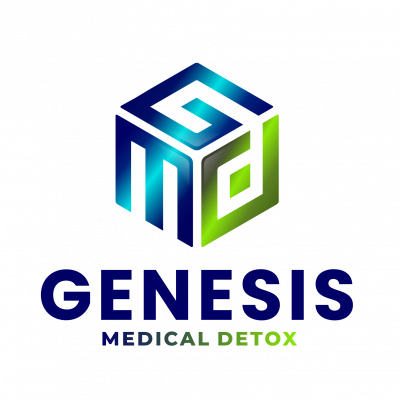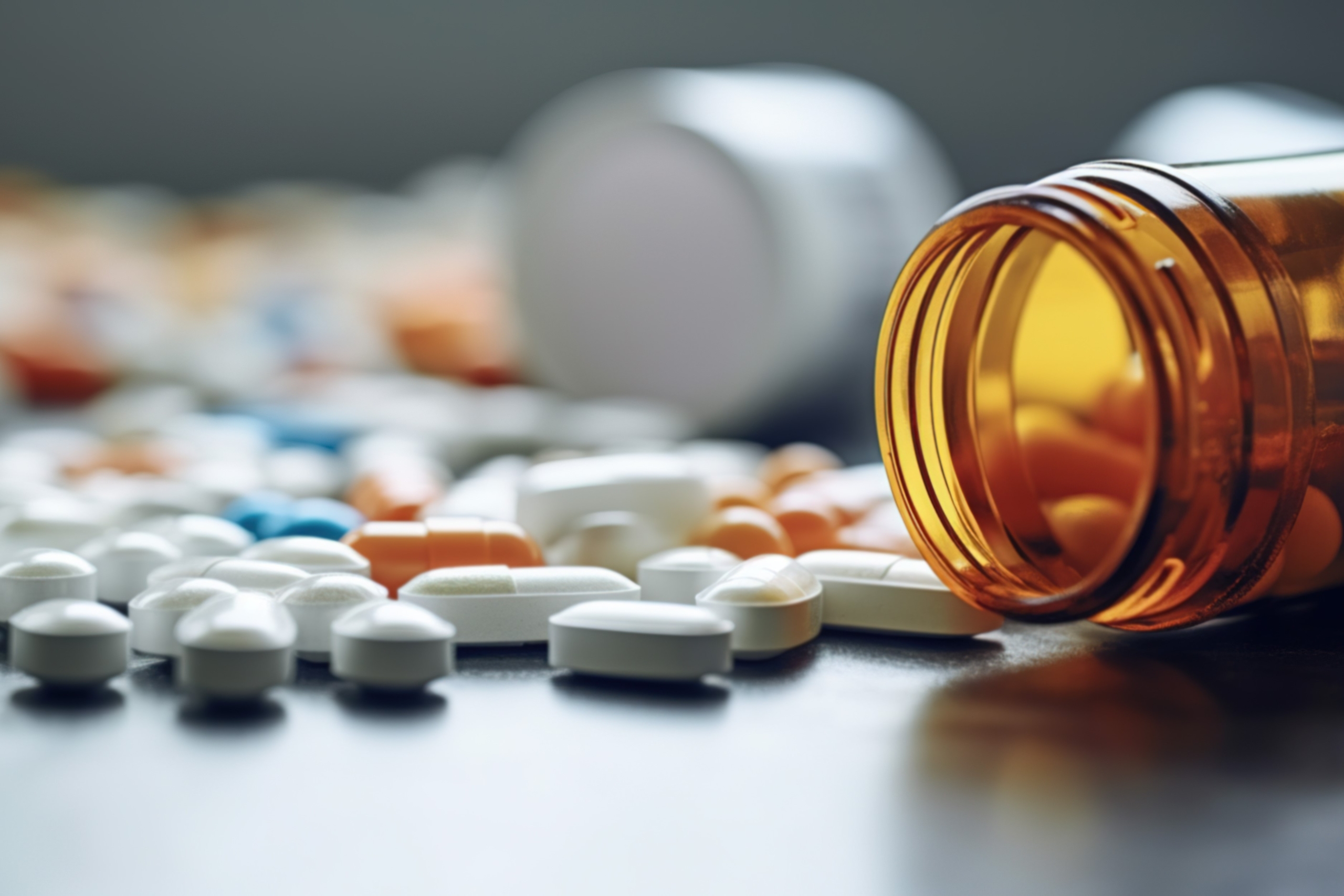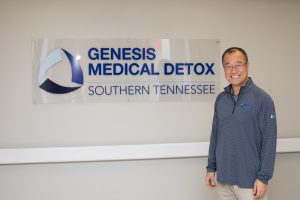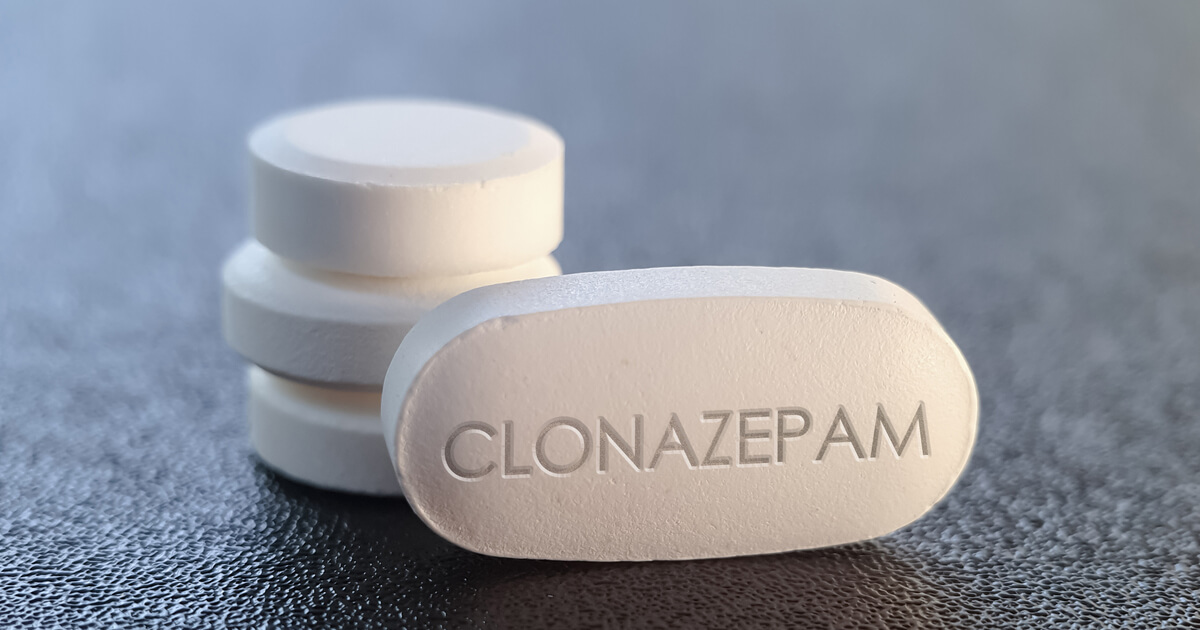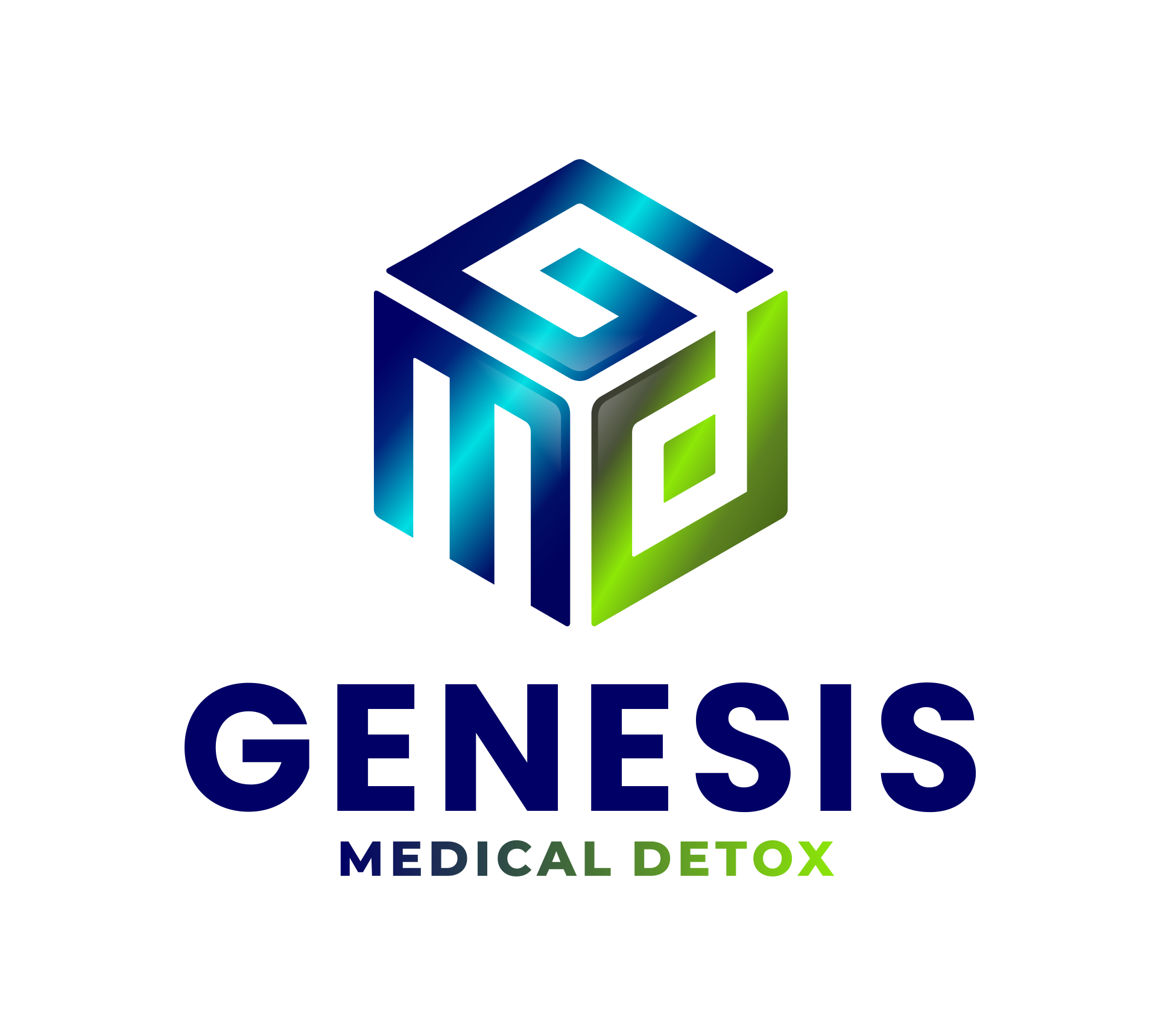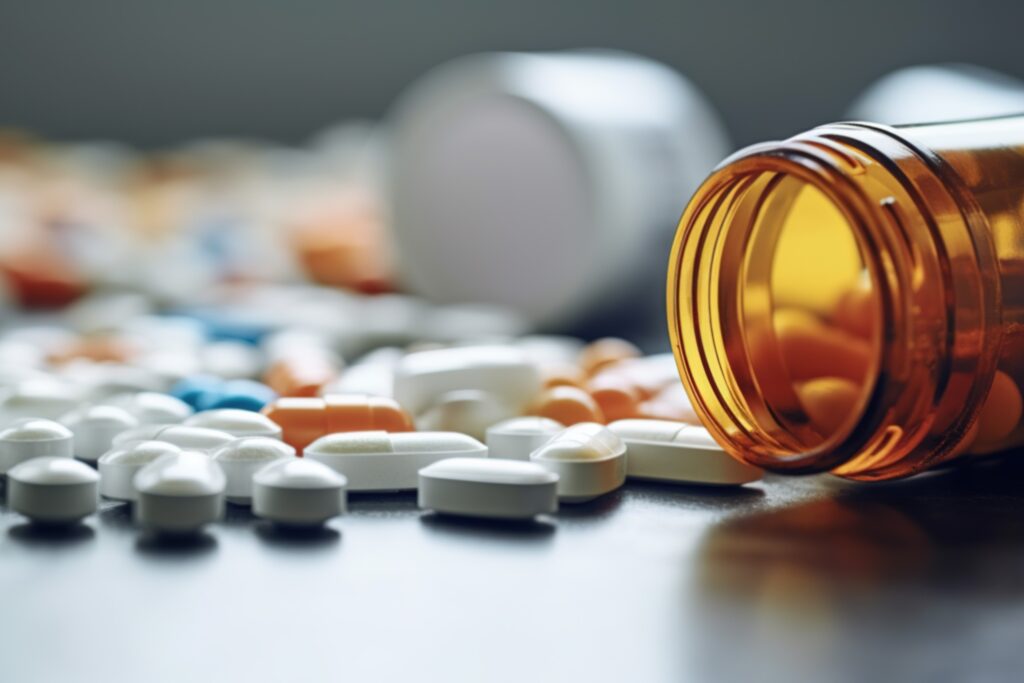
Drug and alcohol detoxification is a critical process in the treatment of substance use disorders. Pharmacology plays a significant role in managing withdrawal symptoms and complications during detox. This post will explore the pharmacological approaches used in drug and alcohol detox, discussing the medications commonly prescribed, their mechanisms of action, and their effectiveness in facilitating a safe and successful detoxification process.
Drug and alcohol detox involves the elimination of toxic substances from the body while managing withdrawal symptoms to ensure the safety and comfort of the individual undergoing detox. Pharmacological interventions are often necessary to address the physiological and psychological effects of withdrawal. Medications such as benzodiazepines, opioid agonists, adrenergic blockers, anticonvulsants and adrenoceptor agonists are commonly used during detox to alleviate symptoms and reduce the risk of complications. Understanding the pharmacology of drug and alcohol detox is essential for healthcare professionals to provide appropriate and effective care for individuals seeking treatment for substance use disorders.
Benzodiazepines
Benzodiazepines are commonly used in alcohol detox to manage symptoms of anxiety, insomnia, and seizures. Medications like diazepam and chlordiazepoxide act as central nervous system depressants, helping to calm overexcited neurons and reduce the risk of seizures during alcohol withdrawal. By binding to GABA receptors in the brain, benzodiazepines enhance the inhibitory effects of GABA, leading to a sedative and anxiolytic effect. Proper dosing and monitoring are essential to prevent overdose and addiction to benzodiazepines.
Opioid Agonists
Opioid detoxification often involves the use of medications such as methadone and buprenorphine to manage withdrawal symptoms and cravings. These medications act as opioid agonists, binding to opioid receptors in the brain and reducing the severity of withdrawal symptoms. Methadone, a full opioid agonist, helps to stabilize opioid-dependent individuals and prevent relapse by reducing cravings and withdrawal discomfort. Buprenorphine, a partial opioid agonist, has a lower risk of respiratory depression and overdose compared to full agonists like methadone, making it a safer option for detoxification.
- Buprenorphine is a partial opioid receptor agonist and therefore has less risk of respiratory depression than methadone. It is also a partial opioid agonist, meaning it also has less risk of dysphoria than methadone. Buprenorphine is available as sublingual tablets, transdermal patches and injectable ampoules.
- Methadone is a full opioid receptor agonist usually taken as an oral liquid. Opioid treatment may also be injectable if the users have failed optimized oral treatment. Most users will be stabilized on methadone as it is the recommended treatment by NICE, the National Institute for Health and Clinical Excellence, with the advantage that it is cheaper than buprenorphine with marginally better quality-adjusted life years, doses can be easily supervised and retention on treatment can be better than buprenorphine.
a2-Adrenoceptor Agonists
Opioids inhibit noradrenaline release, and detoxification from opioids can cause noradrenaline rebound. α2-adrenoceptor agonists, such as lofexidine, can be used as an adjunct therapy to help limit this noradrenergic detoxification ‘storm’. Clinical judgement and close monitoring is required to enable the peak effects of an α2-adrenoceptor agonist to coincide with peak withdrawal effects. α2-adrenoceptor agonists can be used alongside methadone and buprenorphine, but can be used alone for detoxification if maintenance therapy is not wanted, if a user has requested detoxification in a short time frame or if the user has a mild or uncertain dependence.
Adrenergic Blockers
Adrenergic blockers like clonidine are used in opioid and alcohol detox to alleviate symptoms such as hypertension, tachycardia, and anxiety. By blocking the action of norepinephrine in the brain and peripheral nervous system, clonidine helps to reduce autonomic hyperactivity associated with opioid and alcohol withdrawal. This results in a decrease in blood pressure, heart rate, and other physical symptoms, improving the overall comfort and safety of the detox process.
Anticonvulsants/Antiglutamatergics
Reducing glutamate overactivity in withdrawal is important for reducing toxicity. Antiglutamatergic drugs are as effective as benzodiazepines for detoxification. However evidence for efficacy of anticonvulsants is limited and they may have more of a role in alleviating certain symptoms. Chlormethiazole is a γ-aminobutyric acid (GABA)-ergic drug for inpatient use, rather than use in the community because of the risk of death due to respiratory depression when combined with alcohol. Another useful drug with GABA-ergic properties is pregabalin, which binds to the α2-δ subunit of voltage-gated calcium channels, and inhibits neurotransmitter release.
In Conclusion
Pharmacology plays a crucial role in drug and alcohol detox by providing medications that alleviate withdrawal symptoms, reduce complications, and support individuals in their journey towards recovery. Benzodiazepines, opioid agonists, adrenergic blockers, anticonvulsants and Adrenoceptor Agonists are commonly used in detox settings to address the physiological and psychological effects of withdrawal. Understanding the mechanisms of action and potential side effects of these medications is essential for healthcare professionals to ensure a safe and successful detoxification process for individuals seeking treatment for substance use disorders.
If you or someone you know is struggling with drug or alcohol addiction and dependence and are in need of detox services call Genesis Medical Detox today and get started on your journey towards long-term successful recovery. You can recover and our drug detox programs are designed and equipped to make the process as comfortable as possible.
